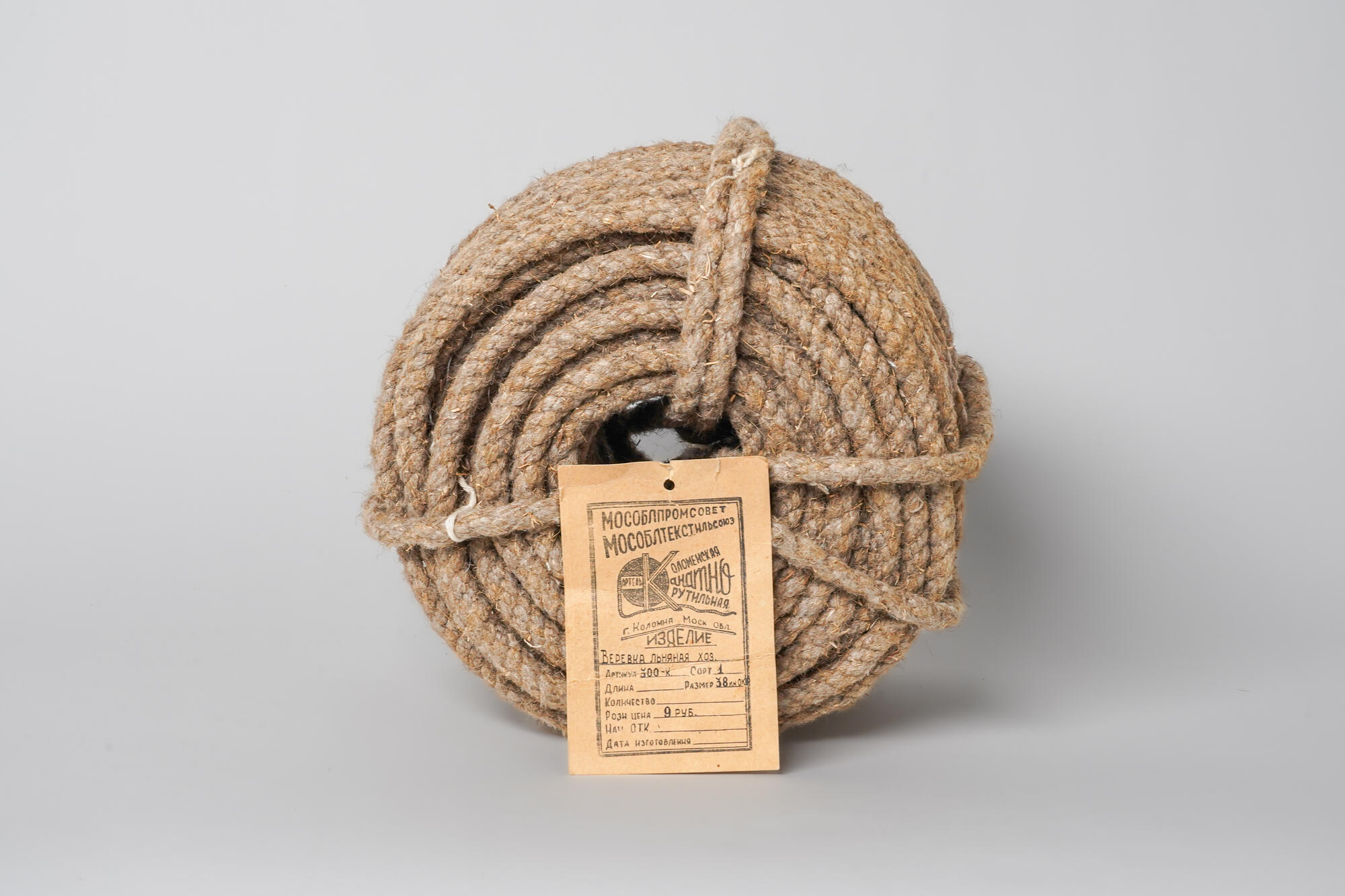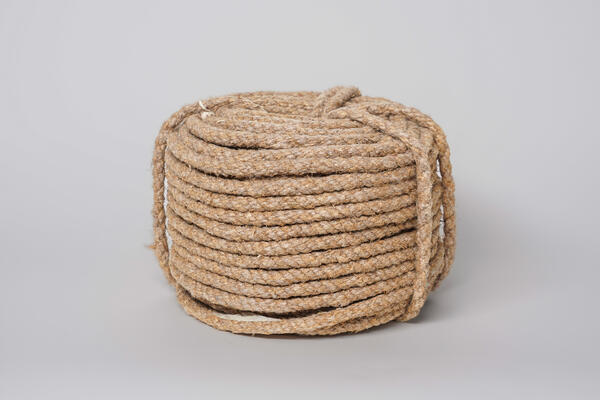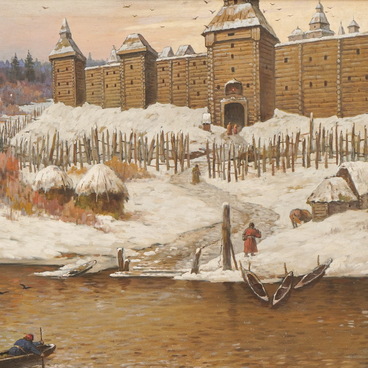The first records of the Kolomna rope masters refer to the second half of the 17th century. More than 300 years ago, Kolomna cables and ropes were used to equip the first Russian sailing ship “Oryol” at the shipyard in the village of Dedinovo. There was plenty of hemp in Russia at that time, and the geographical location of Kolomna, which stood at the confluence of three rivers, favored the development of rope-making.
For a long time, rope making was a primitive process. Factories processed mostly hemp fiber. It is known that at that time the production took place in several small wooden sheds where hemp was washed, dried, heckled, scutched and twisted into ropes of various thicknesses. It was rough, hard work. Women worked alongside men and they were the majority. The threads were twisted into ropes manually, sometimes using horse-drawn traction.
The wooden sheds in which the flammable hemp was processed caught fire repeatedly. The last major fire occurred in 1920. All that was left of the factory was ashes. The restoration works of the rope shops were led by Alexey Vasilievich Zenkin, who rebuilt the factory from scratch. However, the appearance of the factory did not change much even after the reconstruction — they were the same wooden barns, similar to the long hangars. The production process itself remained unchanged.
A radical change in the life of the factory took place in 1963, when it joined the system of the USSR Ministry of Fisheries. This year saw the rebirth of the enterprise. “Kanat” instantly became one of the main suppliers of ropes for the fishing industry. In 1992, the rope factory changes its name to JSC “Kanat”. By then, the company was a leader in supplying rope products to major fishing and shipping companies in all regions of Russia and the CIS.
JSC “Kanat” is a company with more than two centuries of experience in rope production. A wealth of experience, introduction of new technologies, high manufacturing culture, precise and prompt work with partners, strict quality control from raw materials to finished products — all this taken together allows the factory even today, in conditions of fierce competition, to occupy leading positions in the field of supplying rope products to major fishing and shipping companies in all regions of Russia and the CIS.
For a long time, rope making was a primitive process. Factories processed mostly hemp fiber. It is known that at that time the production took place in several small wooden sheds where hemp was washed, dried, heckled, scutched and twisted into ropes of various thicknesses. It was rough, hard work. Women worked alongside men and they were the majority. The threads were twisted into ropes manually, sometimes using horse-drawn traction.
The wooden sheds in which the flammable hemp was processed caught fire repeatedly. The last major fire occurred in 1920. All that was left of the factory was ashes. The restoration works of the rope shops were led by Alexey Vasilievich Zenkin, who rebuilt the factory from scratch. However, the appearance of the factory did not change much even after the reconstruction — they were the same wooden barns, similar to the long hangars. The production process itself remained unchanged.
A radical change in the life of the factory took place in 1963, when it joined the system of the USSR Ministry of Fisheries. This year saw the rebirth of the enterprise. “Kanat” instantly became one of the main suppliers of ropes for the fishing industry. In 1992, the rope factory changes its name to JSC “Kanat”. By then, the company was a leader in supplying rope products to major fishing and shipping companies in all regions of Russia and the CIS.
JSC “Kanat” is a company with more than two centuries of experience in rope production. A wealth of experience, introduction of new technologies, high manufacturing culture, precise and prompt work with partners, strict quality control from raw materials to finished products — all this taken together allows the factory even today, in conditions of fierce competition, to occupy leading positions in the field of supplying rope products to major fishing and shipping companies in all regions of Russia and the CIS.






